Living In Singapore: Pros & Cons You Should Know
Singapore is often described as a city that works, and it totally deserves its reputation. This small island nation in Southeast Asia has built one...
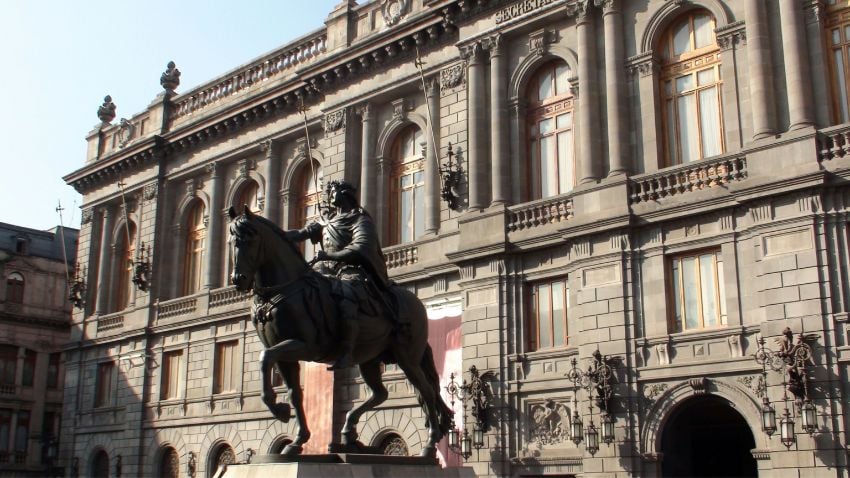
5 min read
Mexico, with its vibrant culture, rich history, and stunning landscapes, is an appealing destination for expats seeking new adventures and a different way of life. However, when considering a move to Mexico, one crucial aspect expats need to evaluate carefully is the healthcare system.
Understanding the intricacies of healthcare in Mexico, both public and private, is essential for ensuring a smooth transition and peace of mind for expats and their families. In this article, we'll delve into the details of healthcare in Mexico, exploring the public and private sectors, costs involved, insurance options, and accessing specialist care.
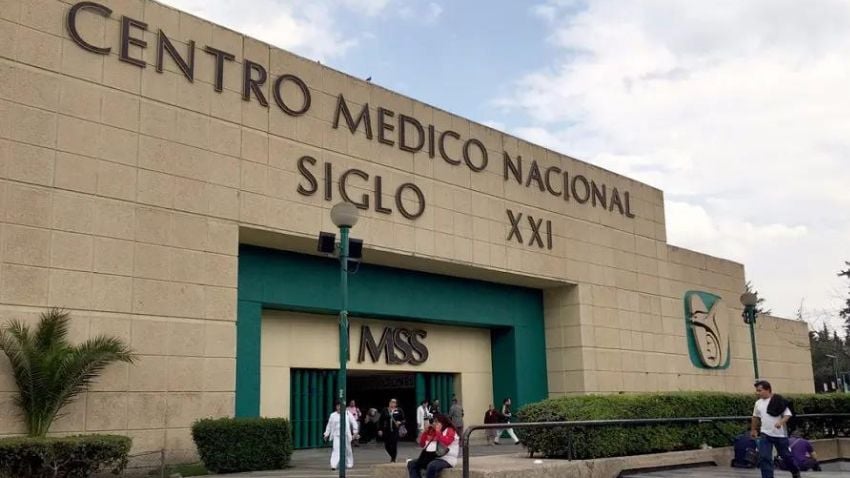
IMSS - Centro Medico Nacional Sigilo XXI
While Mexico offers public healthcare services through institutions such as the Instituto Mexicano del Seguro Social (IMSS) and the Instituto de Seguridad y Servicios Sociales de los Trabajadores del Estado (ISSSTE), expats and foreigners are not allowed to utilize the ISSSTE, which was established to meet the needs of federal public employees and their families.
The Instituto Mexicano do Seguro Social (IMSS) is a Mexican government institution providing health services and social security to regular citizens. Established in 1943, it offers healthcare and retirement benefits to workers and their families, making it the largest institution of its kind in Latin America, with over half of the Mexican population associated with it.
However, these services might not always meet the expectations of expats accustomed to healthcare systems in their home countries. For expats, private health care will likely be the better option.
Private healthcare in Mexico is often the preferred choice for expats seeking higher-quality care, shorter wait times, and English-speaking medical professionals. Private hospitals and clinics offer a range of services, from routine check-ups to specialized treatments, catering to the diverse needs of expat communities.
Private healthcare facilities in Mexico offer expats not only modern amenities, state-of-the-art equipment, and experienced medical professionals but also internationally accredited standards of care, ensuring quality and confidence in healthcare decisions. Moreover, the accessibility and convenience of private healthcare in Mexico are significant advantages, allowing expats to schedule appointments promptly, receive personalized attention from healthcare providers, and access a wide range of specialist services without enduring long waiting times.
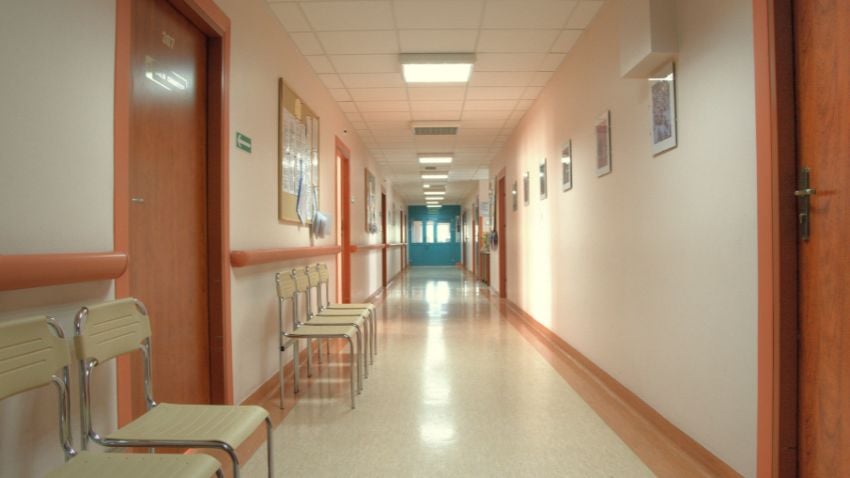
Waiting "room" in the hospital that offers individual apartments
Understanding healthcare costs in Mexico is crucial for expats planning their finances and navigating insurance options. Medical consultations in the public sector may be subsidized for Mexican nationals, but expats without residency or citizenship might face out-of-pocket fees. Because even though services like IMSS are considered public, a fee is deducted from workers' salaries on a compulsory basis. If you are self-employed, if you want to have some of the benefits, you must contribute voluntarily. Prices vary according to age and range from 2200 MXN ($132.65 USD) per year to 19700 MXN ($1187.82 USD) per year.
Alternatively, in the private sector, you can find private consultations for $50 per visit, depending on what kind of specialist you are looking for, with additional charges for specialist referrals.
Private health insurance, recommended for expats, covers a wide range of medical expenses and emergency care, and the price varies depending on factors like age and coverage limits.
Private hospitals and clinics offer prompt access to specialists like cardiologists and orthopedists, albeit with consultation fees ranging from $50 to $600 USD. Similarly, while public hospitals provide emergency services, accessing timely treatment for elective surgeries might pose challenges. In contrast, private hospitals offer modern facilities and personalized care for a range of surgical procedures, with costs varying widely between $1,000 to $10,000 USD or more.
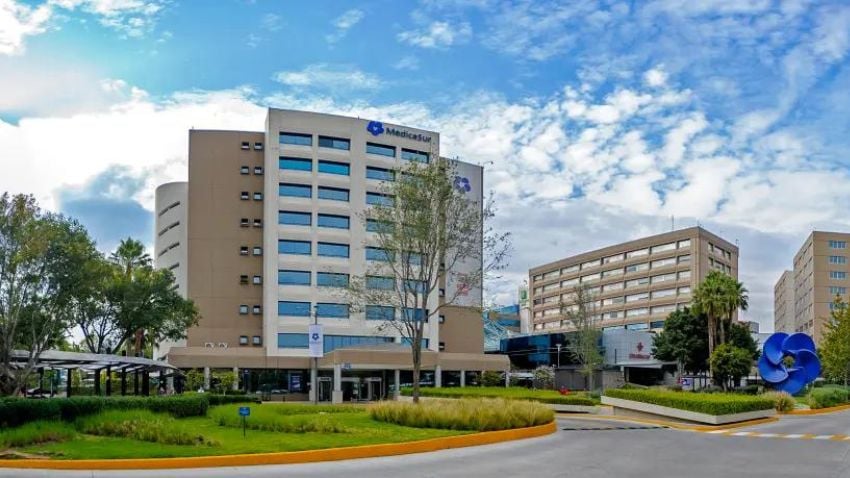
Hospital Medica Sur in Mexico
In Mexico, for example, excellent doctors and private hospitals are much more affordable than in the USA. Many private doctors even share their personal phone numbers with their patients and usually provide personalized and humanized care. According to Newsweek, let's take a look at some of the best hospitals in the country. Remember that you can find other good options depending on the region you are in.
Médica Sur is a renowned healthcare institution staffed with highly experienced specialists and subspecialists who are recognized both nationally and internationally. With a focus on excellence, Médica Sur serves over 3,000 patients yearly, providing comprehensive care and treatments. Since 2013, Médica Sur has been a proud member of the Mayo Clinic Care Network, fostering collaboration with the prestigious Mayo Clinic and ensuring access to the latest advancements in healthcare.
Notably, Médica Sur has achieved accreditation from the Joint Commission International (JCI), showcasing its commitment to maintaining the highest standards of quality and safety in healthcare delivery. Additionally, Médica Sur obtained the ISO 9001:2000 certification, becoming the first laboratory in Mexico to achieve this milestone. These accolades underscore Médica Sur's dedication to excellence and continual improvement in serving its patients with the utmost care and professionalism.
The XXI Century National Medical Center, known as Centro Médico Nacional Siglo XXI in Spanish, is a hospital complex situated in the Colonia Doctores neighbourhood of Mexico City. Established in May 1961, it falls under the management of the Mexican Social Security Institute (IMSS). The center forms part of an array of healthcare facilities alongside the General Hospital of Mexico, overseen by the Secretariat of Health, and the Federico Gómez Children's Hospital, both interconnected with the medical center.
Within the complex, various specialized hospitals are housed, including those dedicated to cardiology, traumatology and orthopedics, obstetrics and gynecology, oncology, and pediatrics. The hospital's overarching mission encompasses medical care, education, and research.
The Centro Médico ABC Campus Santa Fe offers High Specialty Centers characterized by patient-centred care and a wide range of medical and hospital services that are on par with the best in the world. Some specialties include cardiovascular diseases, cancer, women's health, nutrition and obesity, orthopedics and traumatology, pediatrics, surgery, neurology, and rehabilitation. In Internal Medicine, they cover specialties such as gastroenterology, hepatology, pulmonology, infectious diseases, nephrology, hemodialysis, rheumatology, endocrinology, dermatology, geriatrics, and hematology. In Preventive Medicine, they provide a broad range of check-ups tailored to each patient's specific needs.
The Centro Médico Nacional La Raza is a hospital complex located in the northern part of Mexico City. Established in 1954 and managed by the Mexican Social Security Institute (IMSS), this center boasts high-specialization units, offering medical procedures unique to its facilities, thereby serving thousands of beneficiaries from various states of the country on a daily basis. Since its early days, the center has also been engaged in pioneering research and medical procedures within the Mexican healthcare landscape.
Angeles Hospital is a network of hospitals spanning multiple locations and offering a diverse range of specialties, ranging from cosmetic surgery to cancer treatment. Among its notable features is the Robotic Surgery Center, known as the Centro de Cirugía Robótica de Hospitales Angeles. This center not only provides cutting-edge robotic surgery services but also serves as a training hub for specialists in the field. Equipped with state-of-the-art technology, such as the da Vinci robot, the center boasts trained doctors who leverage their expertise to deliver outstanding outcomes for patients.
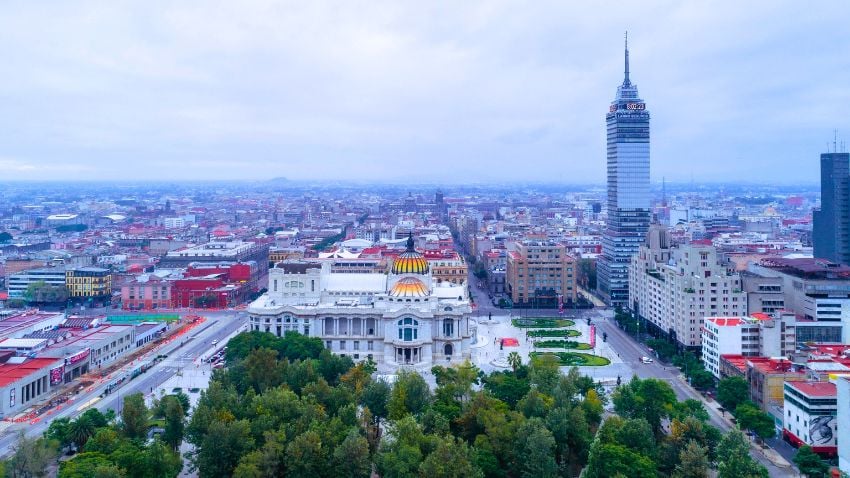
Mexico City
As an expat, you may be pleasantly surprised by the healthcare system in Mexico, medical assistance, and the quality of hospitals. In addition to the affordable prices, many doctors will treat you almost like friends, providing assistance beyond their offices.
Although we list some of the best hospitals, know that there are other excellent hospitals in the country and in different regions, and you can find them depending on where you are. Don't feel tied to this list.
Knowing the costs, quality, and where to go will make your life much easier as an expat in Mexico looking for a healthcare system capable of meeting your demands. You will also be able to plan for a new adventure better.
If you want the best intel from the expat world, including profitable offshore opportunities, little-known tax-saving strategies, and hard-won insights on immigration, passports, and Plan-B residencies, all delivered to your inbox every single week, then join our daily correspondence, EMS Pulse®. Currently enjoyed by over 84,000 expats and expat-hopefuls worldwide. Fill in the form below to join our newsletter free:

Written by Mikkel Thorup
Mikkel Thorup is the world’s most sought-after expat consultant. He focuses on helping high-net-worth private clients to legally mitigate tax liabilities, obtain a second residency and citizenship, and assemble a portfolio of foreign investments including international real estate, timber plantations, agricultural land and other hard-money tangible assets. Mikkel is the Founder and CEO at Expat Money®, a private consulting firm started in 2017. He hosts the popular weekly podcast, the Expat Money Show, and wrote the definitive #1-Best Selling book Expat Secrets - How To Pay Zero Taxes, Live Overseas And Make Giant Piles Of Money, and his second book: Expats Guide On Moving To Mexico.
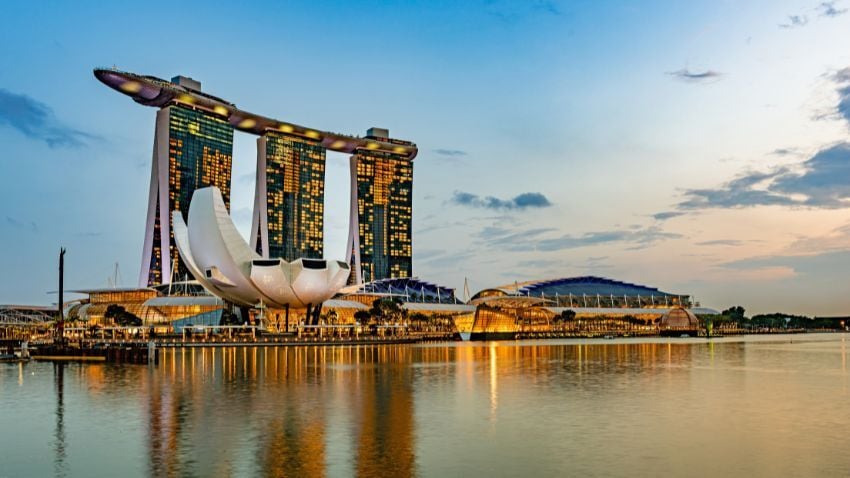
Singapore is often described as a city that works, and it totally deserves its reputation. This small island nation in Southeast Asia has built one...

Panama’s geographic size is modest, but its global relevance is not. The country connects two oceans and two continents, operates on a dollarized...

Honduras’ newly elected president, Nasry Asfura of the conservative National Party, was sworn in on January 27, 2026. The election, held on November...